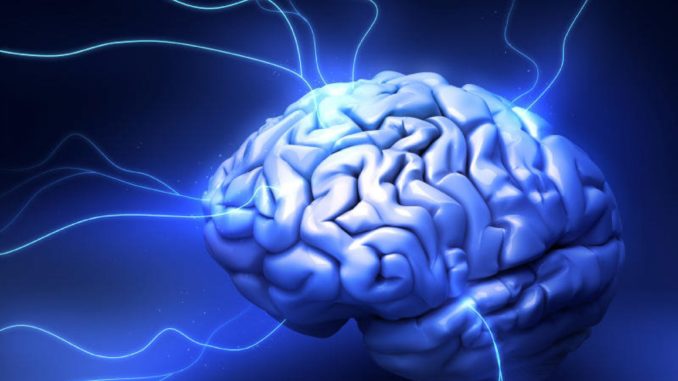
What side effects do nootropics have? Based on the criteria created by Dr. Giurgea, the founder of nootropics, these substances should have little to no side effects. Nootropics are intended to enhance your brain health and anything with significant side effects doesn’t meet the definition of a true nootropic. This is why “smart drugs” such as Adderall are not accepted by many to be nootropics as this class contains stimulants which are highly likely to cause side effects. Natural / herbal options on the other hand offer a significantly reduced chance of side effects.
However not all nootropics are entirely side effect free and some will likely affect your day-to-day functioning and the relative benefits you gain from the drugs. By understanding potential side effects, you can better predict how you might feel on nootropics, easily identify symptoms as they arise and take action to mitigate these where possible.
Here are some of the most common nootropics side effects.
Headaches / Migraines
One of the most common side effects with nootropics particularly when you first start taking them is headaches. When you think about it, this makes sense. You’re asking your brain to work harder than it usually does, with nootropics stimulating the brain to produce and release more neurotransmitters. To reduce the potential for headaches it’s a good idea to include a choline supplement in your stack or ensure it is part of any nootropics supplement blend you buy.
Stomach Upsets
Much less common than headaches but still reported by some nootropics users are stomach upsets. These most often occur when extra high dosages are used or the user is experimenting with different stacks. To reduce the likelihood, increase dosages slowly. Also experiment with what works best for you in terms of taking with a meal or on its own.
Crashes
Like other drugs, nootropics can produce short-term benefits with long-term drawbacks. For example, caffeine is a drug that boosts cognition short-term but causes users to crash shortly thereafter.
Consider this: You will take nootropics when you’re tired and need to study more or work for longer. As such, your body will already be tired but you’re creating unnatural focus and putting a strain on your nervous system as a result.
When using nootropics therefore it’s always best to keep in touch with your body’s natural rhythms and not try to push it past it’s stopping points. Nootropics should be used to enhance your natural good performance, not to try to keep going for days at a time.
Dependence
Long-term nootropic usage, can cause you to become dependent on the substance.
If you take nootropics regularly to study, execute work, take tests, or perform other routine cognitive tasks, you might experience a day where you can no longer complete these tasks without it.
Although a true nootropic shouldn’t be physically addictive, you may become used to taking them in order to perform at a higher level and find yourself unwilling to stop achieving.
Neurotransmission Depletion
Most types of nootropics are thought to enhance neurotransmission and some even increase the production of certain neurotransmitters in the brain. However, any drug usage over an extended period of time means you might deplete specific neurotransmitters.
This means your body will rely on the drug to create the neurotransmitters and maintain normal functions. If you do choose to quit taking the stack your body has grown accustomed to, it might take a period of time for your body to readjust and develop a natural balance once again.
Understanding These Side Effects is Essential Before Using Any Nootropics
While nootropics are used by many who report their positive benefits and virtually nonexistent side effects, there are still side effects worth noting.
Before you begin using any nootropics or building a stack, take time to consider each of the side effects above and whether you want to use the substances. Doing so is an important way to protect your brain, body, and long-term health.
Read also:
A minor headache or slight jittery feeling when you first start taking a new nootropic is fairly common, but if you get any severe or long lasting side effects you should of course consult a physician to ensure there is no serious damage being done.
Remember natural nootropics have less side effects than their chemical counterparts. Drink plenty of water, try taking nootropics with food and don’t regularly push your body beyond its natural limits of endurance.
Most nootropics are available online, meaning you can run the risk of getting a less-than-acceptable substance. When you purchase any nootropic, you should ensure that you’re buying from a reputable company where you can be confident that you are receiving exactly what you’re purchasing. Avoid any company you can’t get in touch with directly to ask questions about the product you’re purchasing.

Leave a Reply